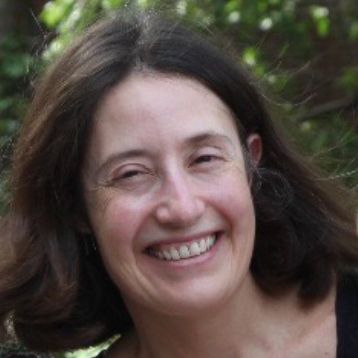
Assistant Professor of Medicine, Harvard Medical School
Division of Infectious Diseases, Brigham and Women’s Hospital
Michael J. Whalen, MD
Associate Professor of Pediatrics, Harvard Medical School
Associate Pediatrician, Pediatric Critical Care Medicine, Massachusetts General Hospital
Poly-N-Acetyl-Glucosamine antibody to prevent neurodegeneration after mild TBI in adolescent mice
The Centers for Disease Control and Prevention estimates that there are more than 2 million cases of mild traumatic brain injuries (mTBI) or concussions reported each year. Approximately 12% of these cases occur in high school students after a sports- or recreational-related injury. It is estimated that 30-50% of youths who have experienced a mTBI will have prolonged symptoms, even after only one occurrence. Adolescent and childhood concussions are increasingly associated with a greater risk of depression, anxiety, learning disability, and suicide, especially when the injuries are repeated. Furthermore, early life head injuries are associated with conditions that may appear in adulthood including increased progression to dementia and in cases of repetitive injury, chronic traumatic encephalopathy (CTE). Currently, no treatment exists to prevent the short- and long-term outcomes of mTBI in adolescents. Colette Cywes-Bentley, PhD, and her team have found that poly-N-acetyl-glucosamine (PNAG), which is a surface polysaccharide found on microbes, including those in the microbiota, accumulates in the brain after single or repetitive mTBIs in mouse models, as well as individuals diagnosed with CTE after death. The team proposes that long-term progression to dementia is due to chronic, low-grade inflammation — in which uncleared PNAG fragments are a contributing factor— in the brains of mTBI-affected mouse models and humans.
With Stepping Strong Center funding, Dr. Cywes-Bentley plans to (1) further understand the role of PNAG inflammation on neurological dysfunction and (2) provide preclinical data to explore the potential for PNAG-specific antibodies to prevent long-term neurological dysfunction in people who have experienced mTBI. This research will deepen the understanding of the role of PNAG in TBI-related injury and will assess whether antibody-mediated clearing of PNAG prevents chronic inflammation after injury. If proven effective, using PNAG-specific antibodies in the form of either a therapeutic or vaccine, could be transformative in both the acute and long-term care of adolescents with a history of mTBI.
Colette Cywes-Bentley, PhD, is an assistant professor of medicine at Harvard Medical School and is a research scientist in the Division of Infectious Diseases at Bigham and Women’s Hospital. Dr. Cywes-Bentley earned her degree at the University of Cape Town, South Africa, where she also completed her postdoctoral training in bacterial pathogenesis, before embarking on additional postdoctoral studies in infectious diseases at Harvard Medical School. Dr. Cywes-Bentley’s research interests focus on exploring how microbial debris, like PNAG, contribute to inflammation and subsequent neuropathology, and whether removal of this debris can reduce or prevent the long-term cognitive and behavioral changes associated with neurodegenerative diseases.
